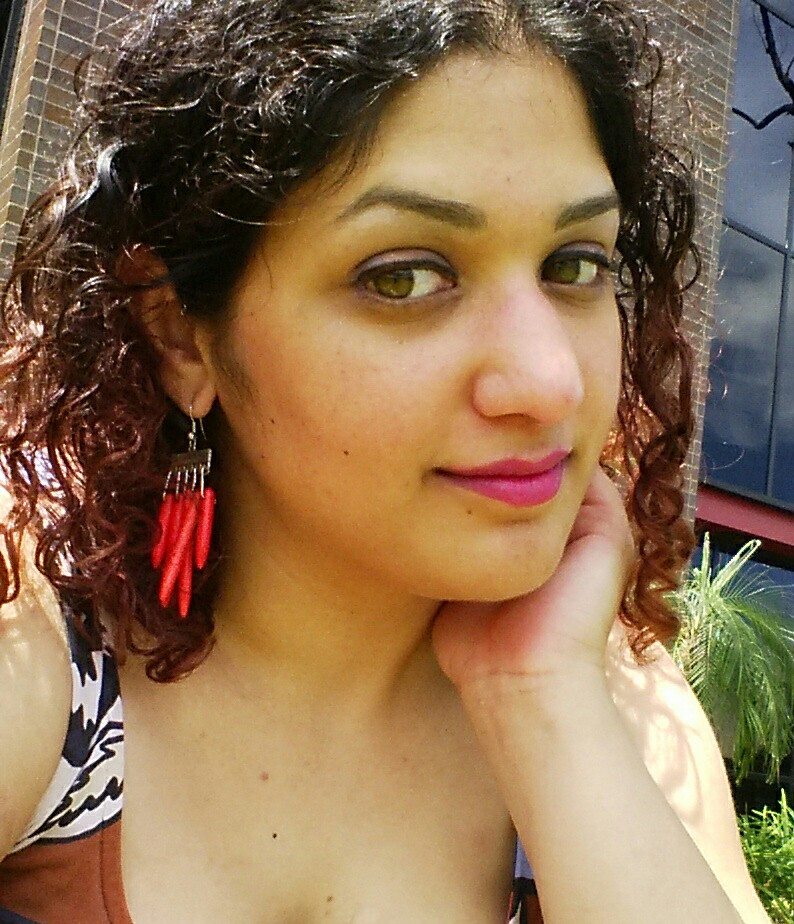For the last two weeks of July, Faitheist is being guest hosted by Sarah Jones, Communications Associate for Americans United for Separation of Church and State. The piece below is written by Jones; the views expressed do not necessarily reflect those of her employer.
On Monday (July 28), I argued that the NYPD surveillance of Muslims should concern atheists. There’s a lot of controversy among movement atheists on how to interact with Islam—with some atheists taking it to what I would consider to be a bigoted extreme. But amidst these impassioned debates, the voices of ex-Muslims are all too often ignored.
For this reason, I’ve asked Heina Dadabhoy to weigh in on issues facing ex-Muslims—and how the atheist movement can better respond to ex-Muslim experiences. Heina is a blogger at Skepchick, and will soon write at Freethought Blogs under the name Heinous Dealings. She has identified as an atheist for more than eight years.
Sarah Jones: For the uninitiated, can you explain why you choose to identify as an ex-Muslim?
Heina Dadabhoy: I grew up as a Muslim in the United States. Around age five, my family became far more practicing of the faith. I attended Islamic schools until the eighth grade and continued to attend religious classes and seminars during my public school years. September 11, 2001 was my second day of high school. Part of the reason I chose the university that is now my alma mater was its strong Mulsim Student Alliance. In other words, although I no longer believe in Islam, being a Muslim defined and shaped my life in ways that I cannot simply leave behind.
SJ: What are the primary goals of your activism?
HD: Currently, most of my most visible work is intra-community in that I promote more intersectional thinking within secular circles. One of my areas of focus is helping those outside the Muslim community to understand Islam. What motivated me to become active within secular circles in the first place was a very simple matter: Visibility. I wanted for Muslims and others of non-mainstream backgrounds to be able to look at secular groups and spaces as not solely the provenance of people within a certain narrow demographic.
SJ: Do you think that movement atheism has a problem with anti-Muslim bigotry?
HD: The problem of anti-Muslim bigotry is the same as the one that many minority groups face. Without a significant amount of contact with a diverse set of people within a minority group, it’s all too easy for those outside of it to stereotype and generalize in a way that hinders dialogue. What makes anti-Muslim bigotry pernicious is the fact that there is often a defensive response to legitimate criticism of Islam. These unfair accusations sometimes lead those who make less-legitimate criticisms to assume all charges of bigotry are without merit.
SJ: How do you balance criticizing certain practices or expressions of Islam while acknowledging anti-Muslim bigotry exists?
HD: Nuance is easy to promote but difficult to practice. The key to achieving it is often to default to specificity over generalization. For example, when I speak of my experiences as an apostate, I will both remind my audience that people in more dire situations exist and mention that I am not living under threats or violence. This ensures that assumptions are challenged but, at the same time, that the seriousness of the issues with apostasy in Islam are acknowledged.
SJ: Pew recently released a poll showing that atheists and Muslims are effectively tied as the least favorably viewed religious/nonreligious groups in the U.S. Do you think that fighting anti-atheist and anti-Muslim bigotry should be linked?
HD: They are linked in that both groups are outside of the mainstream. There are many other groups who, while they might not be stigmatized quite as much, are also outside of the mainstream. Secular and religious minority groups can and do work together by remembering that imposing religion through the state is harmful to not only atheists, but also to theists who don’t follow the majority religious view.
SJ: Do you think that movement atheism can improve how it reacts to ex-Muslim narratives? If so, how?
HD: I could definitely live without the knee-jerk defaulting to condescending sympathy. Being told that I ought to be careful or that I will be killed doesn’t help to destigmatize apostasy. We ex-Muslims know what perils we face better than those outside of our context do and make our choices in life based on that knowledge. I am as visible as I am because it is safe enough for me to do so; I hope to pave the way for other ex-Muslims for whom coming out is not as safe a prospect.
Sarah Jones is the Communications Associate for Americans United for Separation of Church and State. Prior to joining AU, she volunteered for Femin Ijtihad, where she researched Islamic law and women’s rights. She holds a Master of Arts in Postcolonial Culture and Global Policy from Goldsmiths, University of London, and tweets at @onesarahjones.







